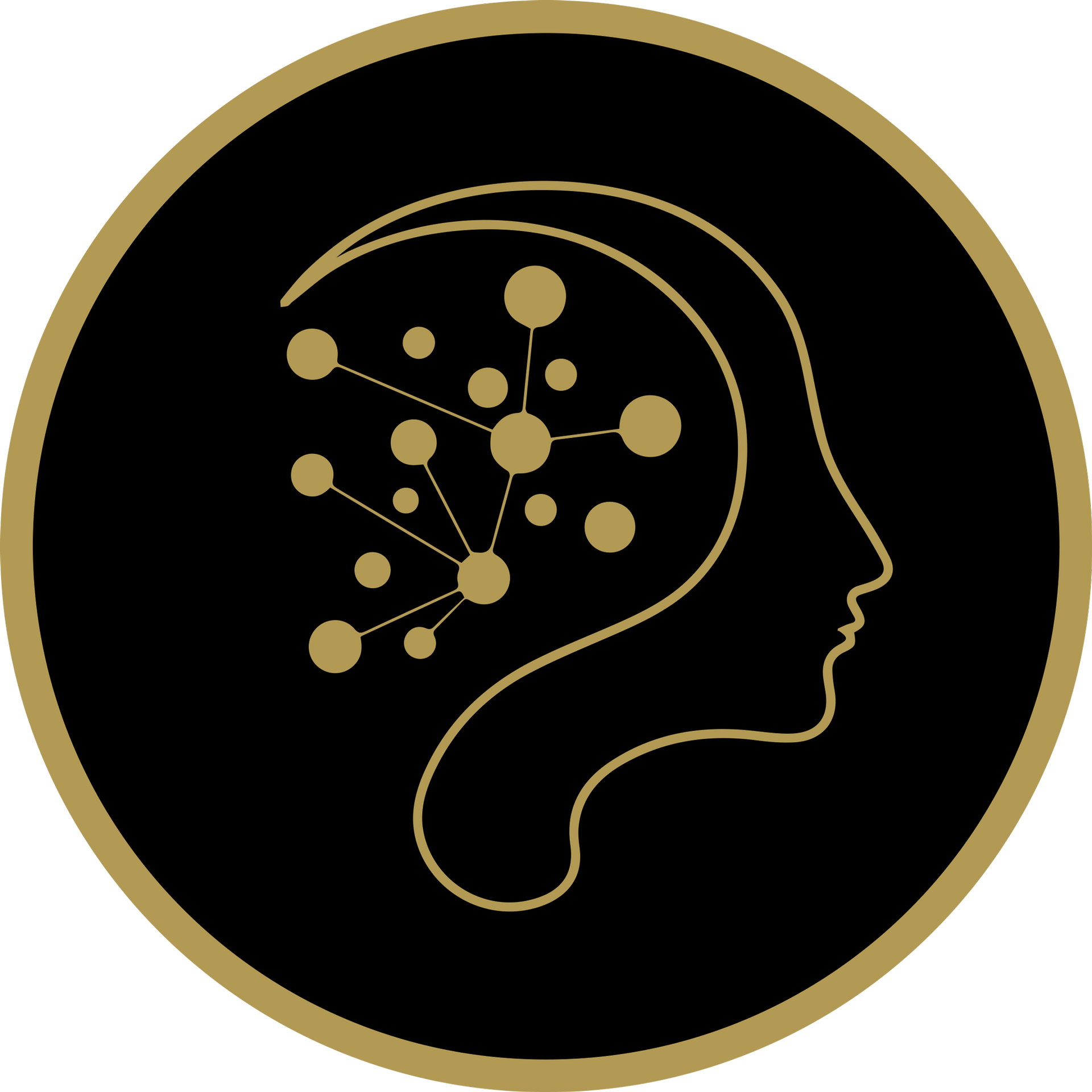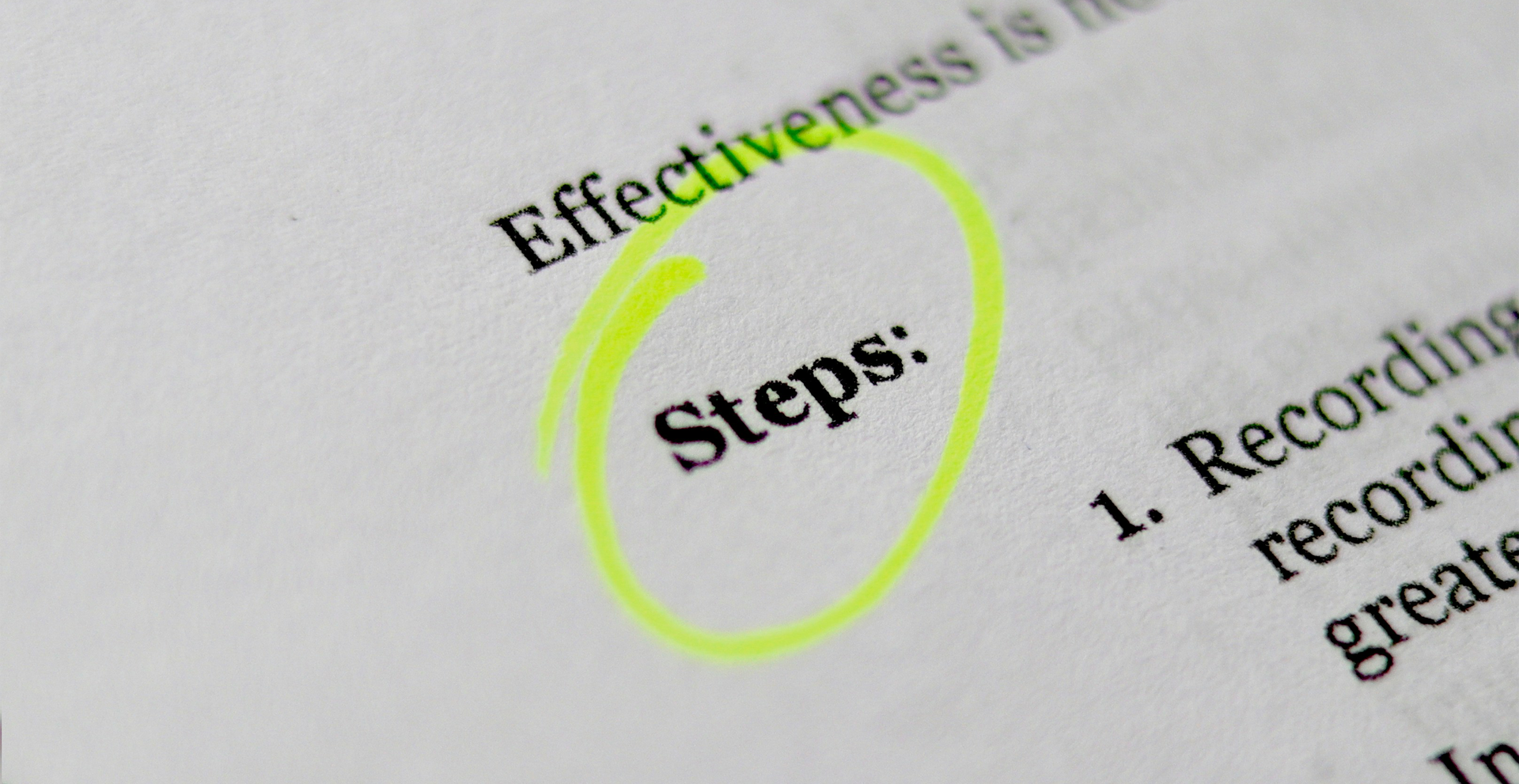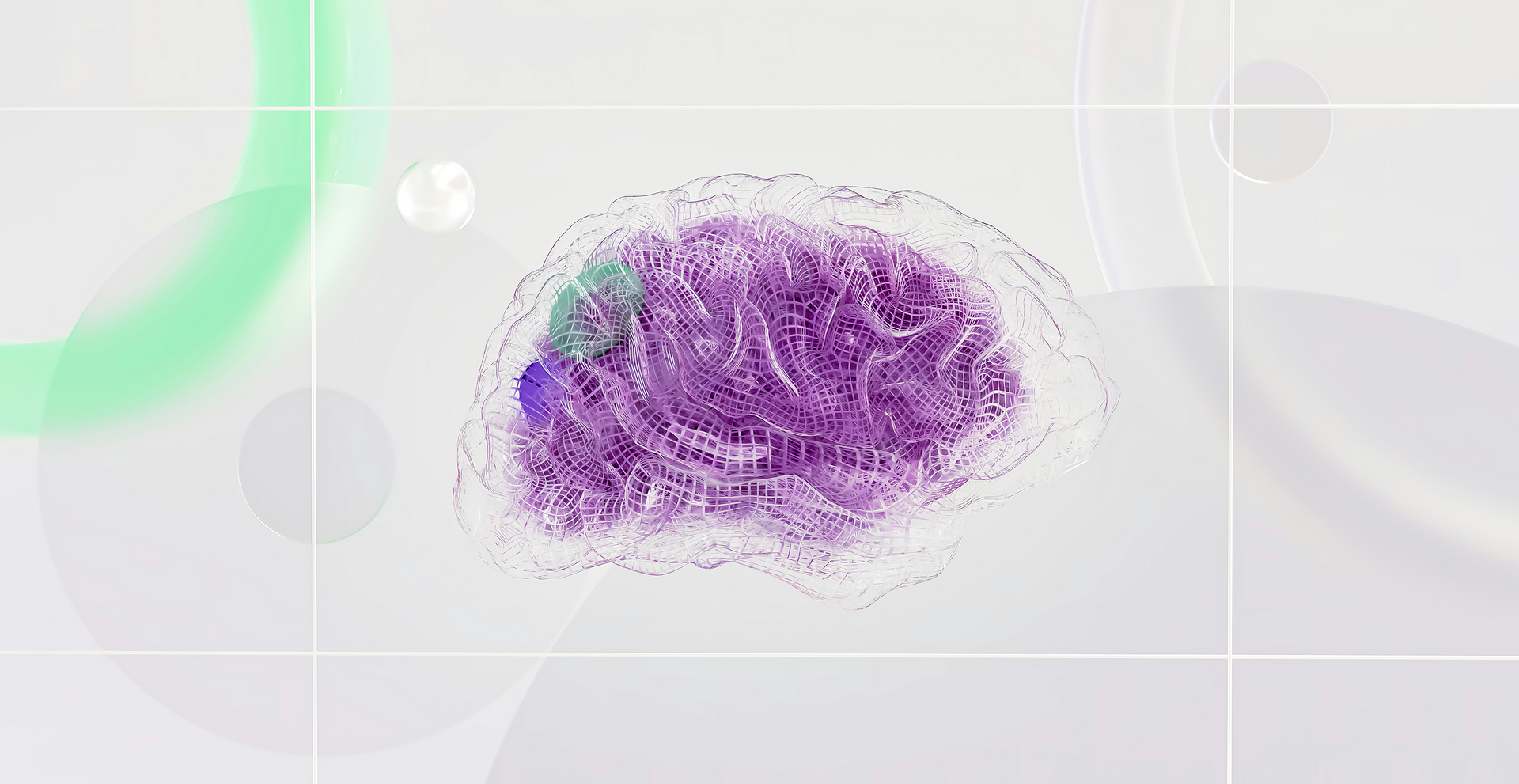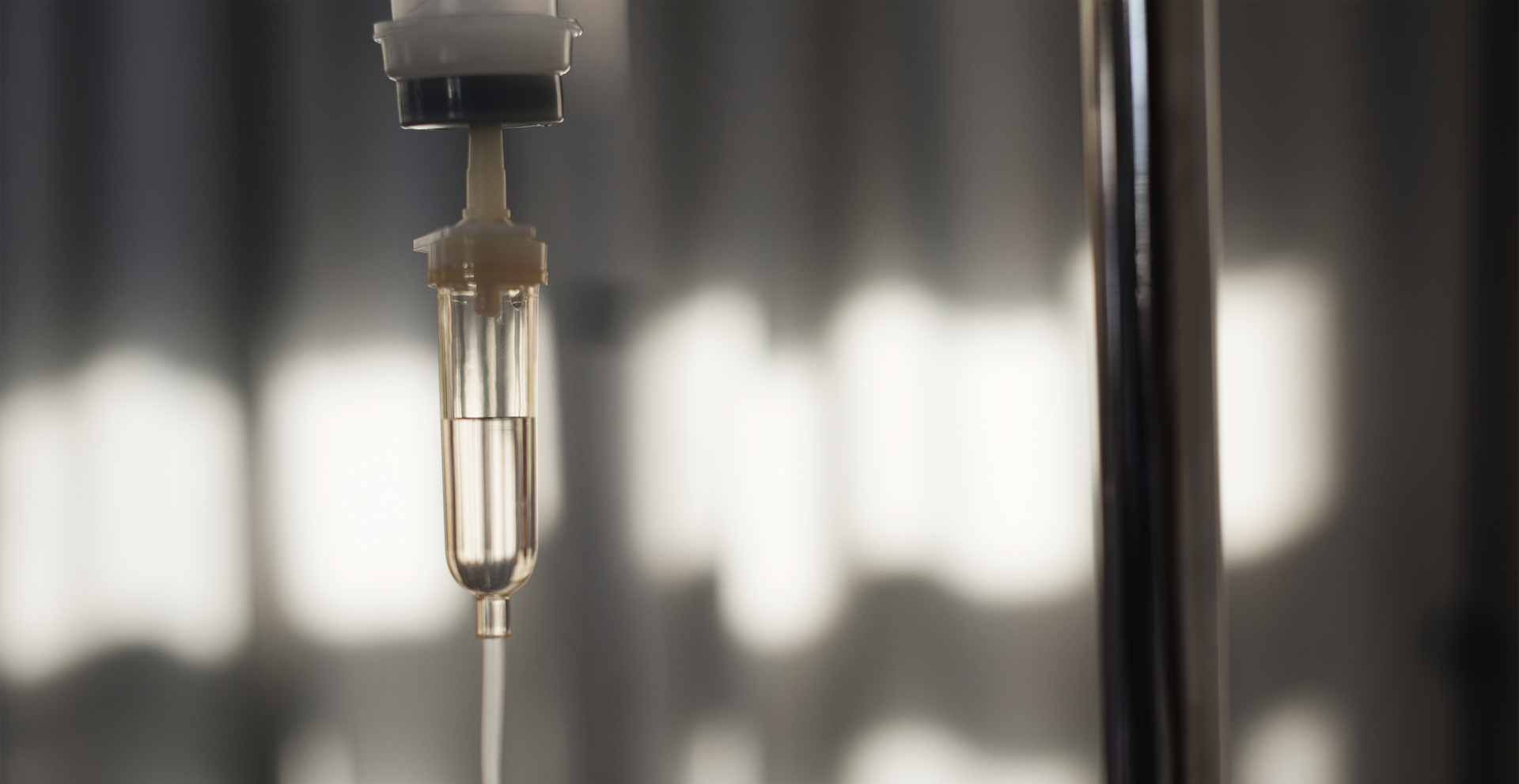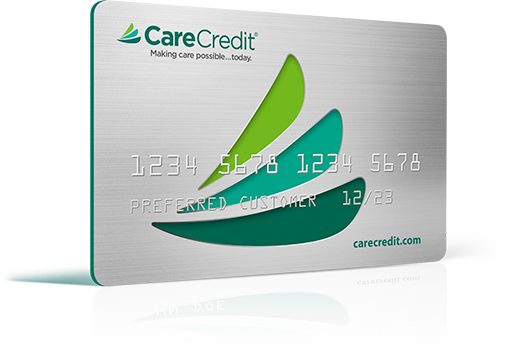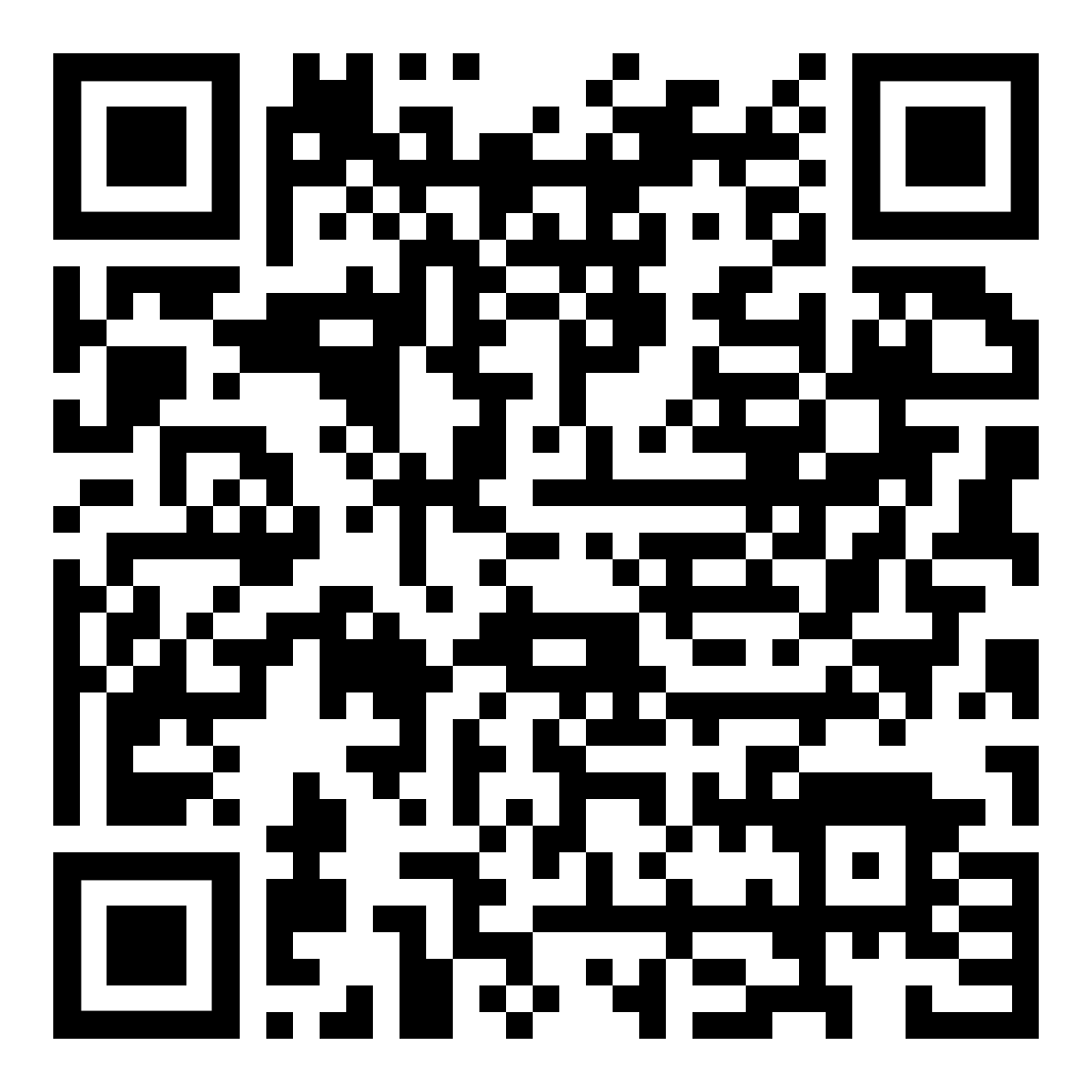The Efficacy of Ketamine Therapy in the Treatment of Depression
Depression is a complex and often debilitating condition that affects millions of people worldwide. Despite the availability of various treatment options, including psychotherapy and traditional antidepressant medications, many individuals continue to struggle with persistent symptoms.
In recent years, ketamine therapy has emerged as a promising alternative for those who have not found relief through conventional treatments.
This blog post delves into the efficacy of ketamine therapy in treating depression, exploring its mechanisms, benefits, and potential risks.
Understanding Depression and Treatment Challenges
Before diving into ketamine therapy, it is crucial to understand the nature of depression and the challenges associated with its treatment. Depression is characterized by persistent feelings of sadness, hopelessness, and a lack of interest or pleasure in activities. It can also manifest as physical symptoms such as changes in appetite, sleep disturbances, and fatigue.
Traditional treatment options for depression typically include a combination of psychotherapy and antidepressant medications such as selective serotonin reuptake inhibitors (SSRIs) and serotonin-norepinephrine reuptake inhibitors (SNRIs).
While these treatments can be effective for many people, they often take several weeks to start working and may not provide adequate relief for everyone. In fact, up to one-third of individuals with depression do not respond to traditional treatments, highlighting the need for alternative approaches.
What is Ketamine Therapy?
Ketamine is a dissociative anesthetic that has been used safely in medical settings for decades. Originally developed as an
anesthetic in the 1960s, it has gained attention more recently for its potential to treat depression, especially in cases where other treatments have failed. Ketamine therapy involves administering the drug in controlled, clinical settings, typically through intravenous (IV) infusions or intranasal sprays.
Mechanisms of Action: How Ketamine Works
Ketamine's rapid antidepressant effects distinguish it from traditional antidepressants, which can take weeks to become effective. The exact mechanisms through which ketamine alleviates depressive symptoms are not yet fully understood, but several theories have been proposed:
1. NMDA Receptor Antagonism: Ketamine is known to block N-methyl-D-aspartate (NMDA) receptors in the brain, which are involved in regulating mood and cognition. By inhibiting these receptors, ketamine may help restore synaptic connections and promote neuroplasticity.
2. AMPA Receptor Activation: Some research suggests that ketamine's antidepressant effects may also involve the activation of alpha-amino-3-hydroxy-5-methyl-4-isoxazolepropionic acid (AMPA) receptors, leading to increased release of neurotransmitters like glutamate. This can enhance synaptic communication and improve mood.
3. mTOR Pathway Activation: Ketamine has been shown to activate the mammalian target of the rapamycin (mTOR) pathway, which plays a crucial role in cell growth and synaptic plasticity. Activation of this pathway may contribute to the rapid and sustained antidepressant effects of ketamine.
Clinical Evidence: Efficacy of Ketamine Therapy
A growing body of clinical research supports the efficacy of ketamine therapy in treating depression. Several studies have demonstrated its rapid antidepressant effects, often occurring within hours of administration. Notably, ketamine has shown promise in treating treatment-resistant depression (TRD), a condition where patients do not respond to at least two different antidepressant medications.
Key Studies and Findings:
1. Berman et al. (2000): One of the earliest studies on ketamine's antidepressant effects, this randomized, placebo-controlled trial found that a single IV infusion of ketamine significantly reduced depressive symptoms within 72 hours compared to a placebo.
2. Zarate et al. (2006): This study further demonstrated ketamine's rapid and robust antidepressant effects in patients with TRD. Participants experienced significant improvements in depressive symptoms within 24 hours of a single infusion, with some effects lasting up to a week.
3. Murrough et al. (2013): In a larger, randomized controlled trial, ketamine was found to be more effective than the active placebo midazolam in reducing depressive symptoms in patients with TRD. Approximately 64% of participants responded to ketamine, compared to 28% for midazolam.
4. Esketamine Nasal Spray: In 2019, the U.S. Food and Drug Administration (FDA) approved esketamine, a derivative of ketamine, for use in conjunction with an oral antidepressant for adults with TRD. Clinical trials showed that esketamine nasal spray significantly improved depressive symptoms compared to a placebo.
Benefits of Ketamine Therapy
The potential benefits of ketamine therapy for depression are numerous:
1. Rapid Onset of Action: Unlike traditional antidepressants, which can take weeks to show effects, ketamine often produces noticeable improvements within hours or days.
2. Efficacy in Treatment-Resistant Cases: Ketamine has shown efficacy in individuals who have not responded to other treatments, offering hope for those with TRD.
3. Reduction in Suicidal Ideation: Several studies have found that ketamine can rapidly reduce suicidal thoughts, making it a valuable option for individuals at high risk of suicide.
4. Sustained Effects: While the immediate effects of ketamine may last only a few days to a week, repeated infusions or maintenance treatments can provide longer-lasting relief.
Potential Risks and Side Effects
Despite its promising benefits, ketamine therapy is not without risks and side effects. Some potential concerns include:
1. Dissociation and Hallucinations: Ketamine can induce dissociative states and hallucinations, which may be distressing for some individuals. These effects are typically short-lived and subside shortly after the infusion.
2. Potential for Abuse: As a Schedule III controlled substance, ketamine has a potential for abuse and addiction. However, when administered in a controlled, clinical setting, the risk is minimized.
3. Cardiovascular Effects: Ketamine can cause increases in blood pressure and heart rate, which may be problematic for individuals with certain cardiovascular conditions.
4. Long-Term Safety: While short-term studies have demonstrated ketamine's safety, the long-term effects of repeated ketamine use are not yet fully understood.
Conclusion: A Promising Future for Depression Treatment
Ketamine therapy represents a groundbreaking advancement in the treatment of depression, particularly for individuals who have not found relief through traditional methods. Its rapid onset of action, efficacy in treatment-resistant cases, and potential to reduce suicidal ideation make it a valuable addition to the arsenal of depression treatments.
However, it is essential to approach ketamine therapy with caution, considering the potential risks and side effects. As research continues to evolve, we can expect to gain a deeper understanding of ketamine's mechanisms and long-term safety, paving the way for more widespread and informed use.
If you or someone you know is struggling with depression and traditional treatments have not been effective, ketamine therapy may offer a glimmer of hope. Always consult with a qualified healthcare professional to determine the best course of action for your specific needs.
Take the Next Step with SW Florida TMS & Ketamine
Having the right treatment options and support system is crucial when fighting a battle against depression. At SW Florida TMS & Ketamine, we are here to help you fight the battle against depression and other mental health issues such as anxiety, OCD, PTSD, and more.
We use traditional modern methods to treat these health problems and will derive a treatment plan best suited to your condition. You can reach us at (239) 935-5599 or fill out our contact form to learn more about our treatment options. Don’t worry, you are not alone!
MENTAL HEALTH SERVICES
BOOK A CONSULTATION
Knowing that you are not alone is of utmost importance. Seek assistance for depression today!
OUR SERVICE SUPPORTS MENTAL WELLNESS
- Depression
- Lack of Joy
- Sadness and Despair
- Low Mood
- Lethargy
- Insomnia
- Oversleeping
- Social Isolation
- Self-Harm
- Substance Abuse
- Suicidal Ideation
- Alcoholism
